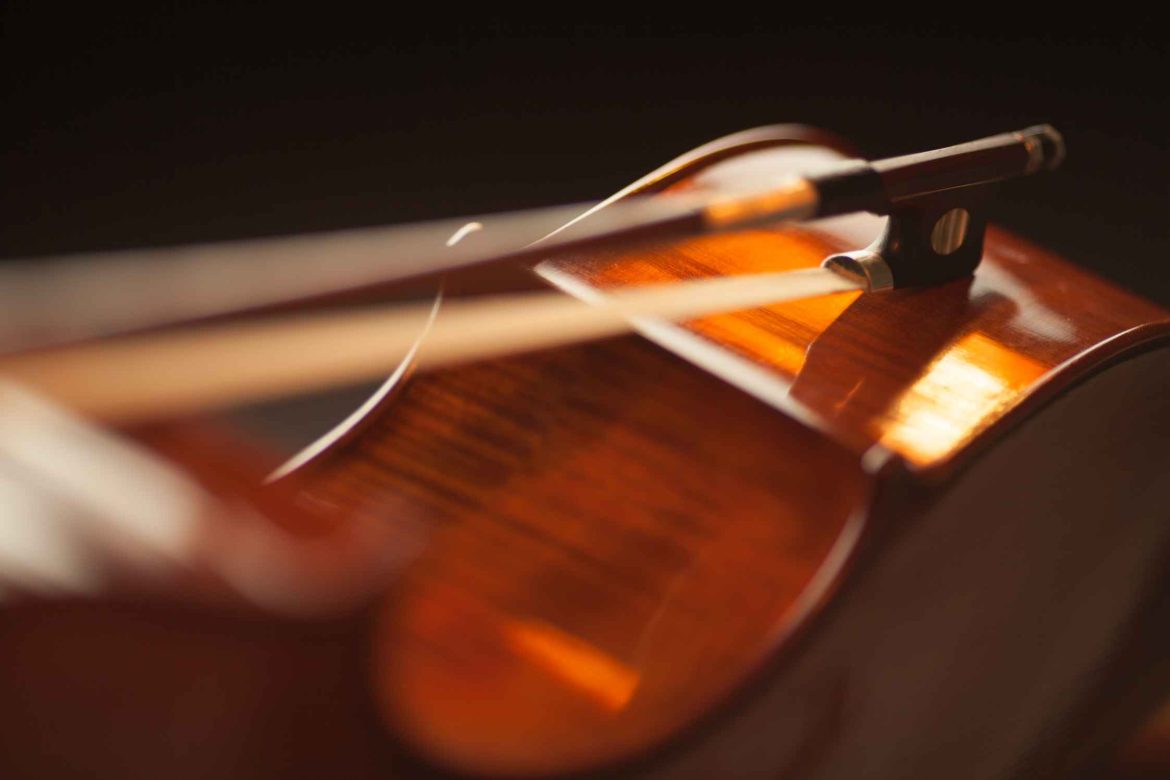The quest for the perfect study playlist is an age-old challenge for students of all ages. The right background music can make a world of difference when it comes to focus, productivity, and overall performance.
One genre that has stood the test of time as a go-to choice for academic pursuits is classical music. Its soothing, timeless compositions can transport your mind into deep concentration.

In this post, we’ll explore the merits of classical music for studying and offer a carefully curated list of 15 top classical pieces that can help you reach new heights in your educational journey.
Whether you’re working on school papers, essays, or simply needing to boost your focus, classical music may become your secret study weapon.
Is Classical Music Good for Studying? Key Answer Is Here!
The idea that classical music is conducive to studying has been discussed and researched for decades. Many students and scholars swear by its effectiveness, but what does science have to say about it?
Let’s explore some key answers: Is classical music good for studying?
- Enhances focus and concentration: One of the primary reasons classical music is considered an ideal companion for study sessions is its ability to enhance focus and concentration. The intricate compositions and soothing melodies can help create an environment conducive to deep thought and productivity. Classical music for studying and concentration can be a game-changer for students looking to boost their academic performance.
- Reduces stress and anxiety: Studying can be stressful, especially when facing deadlines and demanding assignments. Classical music’s calming and relaxing nature can be a powerful stress reliever. When you feel overwhelmed, a dose of soft classical music from your playlist can help you regain your composure and tackle your tasks with a clear mind.
- Boosts creativity and productivity: Classical music can spark creativity and enhance overall productivity. It can help you overcome mental blocks and think outside the box, particularly useful when writing essays or working on creative projects. The best classical music to study to improve skills often includes pieces that inspire and uplift the mind.
- Establishes a consistent study routine: A study routine is essential for academic success. Incorporating classical music into your study sessions can help establish a consistent and enjoyable routine. When you associate the calming strains of classical compositions with study time, you’re more likely to stick to your schedule and achieve better results.
- Cultivates a relaxing atmosphere: The soothing sounds of classical music can transform your study environment into a tranquil and relaxing space. This ambiance is conducive to focused and efficient work, making it easier to write papers, complete assignments, and absorb complex information.
- Helps in crafting essays: Classical music for writing essays is an excellent choice if students need inspiration. The sounds of classical pieces help to create new ideas and write a compelling paper. Yet, if the music still does not help, students can also seek professional help at essay service online by CustomWritings with highly qualified writers.
With these benefits in mind, it’s clear that classical music can be a valuable tool in your academic arsenal. The next step is to explore good classical music for studying that will help you achieve your goals.
Also Read: The Soundtrack of Essays: Crafting the Perfect Playlist for Different Writing Stages
Classical Music for Studying and Concentration: What to Choose?
The world of classical music is vast, with an extensive repertoire of compositions and pieces. To help you make the most of this genre for your study sessions, knowing what to choose is essential. Here are some tips on selecting the best classical music for studying:
- Instrumental pieces: Instrumental classical pieces are often the best choice for studying. Without lyrics to distract you, you can fully immerse yourself in the music while maintaining focus on your work. Classical piano music for studying is trendy for its calming and melodic qualities.
- Tempo and mood: Consider the tempo and mood of the classical music to study you select. For relaxation and concentration, opt for slower and softer classical pieces. These compositions can help you maintain a steady pace and prevent stress during study sessions.
- Familiarity vs. novelty: Some students find it helpful to choose classical pieces they are already familiar with, as the music can become background noise that enhances their focus. Others prefer discovering new compositions, as the novelty can engage their minds and boost creativity.
- Create a playlist: Building a dedicated classical music playlist for studying is an excellent way to have a curated selection of tracks at your fingertips. You can mix and match pieces that resonate with you, ensuring your playlist caters to your specific needs.
Now that you have some guidance on what classical music for school to look for, let’s explore 15 top classical pieces known for their ability to enhance concentration and make your study sessions more productive and enjoyable.
15 Top Classical Music for Studying
1. Johann Sebastian Bach – “Air on the G String”
- This timeless piece by Bach is gentle and soothing, making it perfect for relaxation and focus.
2. Wolfgang Amadeus Mozart – “Piano Concerto No. 21”
- Mozart’s piano concerto is known for its elegant and melodic qualities, providing an excellent backdrop for your studies.
3. Ludwig van Beethoven – “Moonlight Sonata”
- Beethoven’s masterpiece is popular for those seeking a contemplative atmosphere while working on assignments or essays.
4. Claude Debussy – “Clair de Lune”
- Debussy’s “Clair de Lune” is a delicate and dreamy composition that can transport you to a place of tranquility and focus.
5. Johannes Brahms – “Intermezzo in A Major, Op. 118, No. 2”
- Brahms’ intermezzo is characterized by its emotional depth and introspective nature, making it suitable for deep concentration.
6. Antonio Vivaldi – “The Four Seasons”
- Vivaldi’s “The Four Seasons” offers a diverse range of moods and is an excellent choice for long study sessions.
7. Erik Satie – “Gymnopédie No. 1”
- Satie’s “Gymnopédie No. 1” is minimalist and soothing, creating an atmosphere of serenity and focus.
8. Peter Ilyich Tchaikovsky – “Swan Lake”
- Tchaikovsky’s “Swan Lake” offers a beautiful and captivating musical orchestra journey that can enhance your study experience.
9. George Frideric Handel – “Water Music”
- Handel’s “Water Music” is known for its uplifting and majestic compositions, making it suitable for boosting creativity.
10. Franz Schubert – “Ave Maria”
- Schubert’s “Ave Maria” is a timeless and spiritually uplifting piece that can provide peace during your studies.
11. Serhyi Rachmaninoff – “Piano Concerto No. 2”
- Rachmaninoff’s concerto is emotionally charged and powerful, making it an excellent choice for intense study sessions.
12. Camille Saint-Saëns – “The Carnival of the Animals”
- Saint-Saëns’ playful and imaginative composition can inject fun and creativity into your studies.
13. Gustav Holst – “The Planets”
- Holst’s “The Planets” is a cosmic masterpiece that can transport you to otherworldly realms as you work on your assignments.
14. Edward Elgar – “Nimrod” from “Enigma Variations”
- Elgar’s “Nimrod” is a powerful and emotive piece that can inspire deep thought and reflection.
15. Maurice Ravel – “Boléro”
- Ravel’s “Boléro” is a mesmerizing and repetitive composition that can help maintain a steady rhythm during your studies.
Also Read: Developing Good Practice Habits on a Digital Piano
Wrapping Up
Incorporating these classical tunes into your study regimen will help you reap the many academic benefits of classical music.
These compositions may significantly assist your academic path, whether you need to compose papers, focus on complicated themes, or simply maintain a calm and comfortable atmosphere.
So, make your classical music playlist and let the power of music take your study sessions to new heights.




